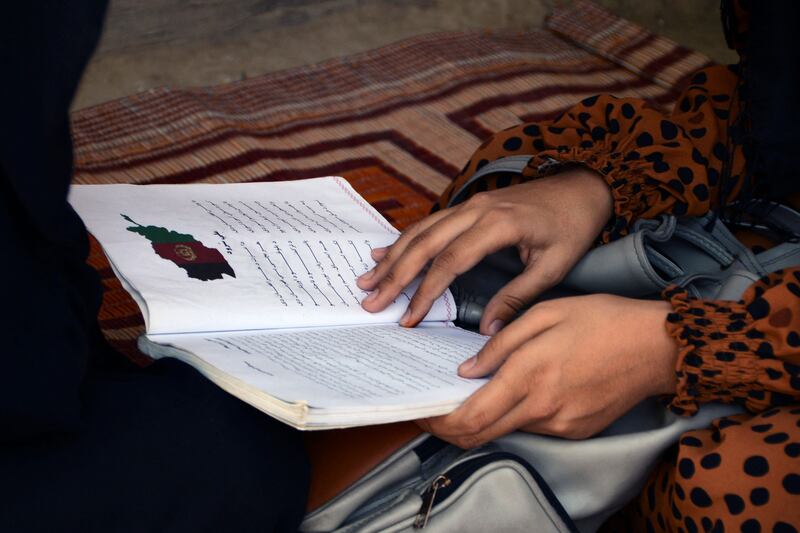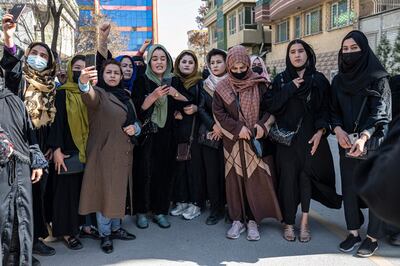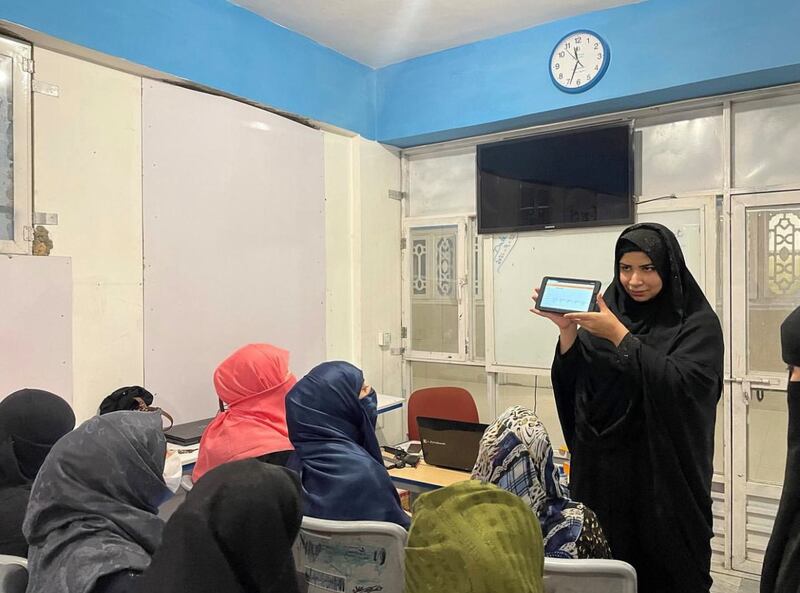If 25-year-old Pashtana Durrani thought running schools in Afghanistan was tough in 2020, three years later, her work has become almost impossible.
She nevertheless spends every waking hour hustling, constantly looking for new ways that the three girls’ schools run by her charity, Learn Afghanistan, can evade detection.
In the chaotic days after the US withdrawal from Afghanistan in 2021 and the swift return to Taliban rule, Ms Durrani, who has been an outspoken critic of the militant group, was threatened and forced into hiding.
She later left the country to protect her family, and many of her colleagues and staff followed suit.
Despite assurances to the international community to the contrary, the Taliban have been rolling back advances in women’s rights. Most girls are barred from attending secondary school and women are no longer allowed to teach, attend university or engage in many professions.
The UN said on Wednesday that Afghanistan is now the world’s most repressive country for women and girls.
Watching from afar, Ms Durrani says each new restriction on women’s rights has made her more determined to keep Learn Afghanistan open.
After agreeing that their work “was more important now than ever before”, she said staff at Learn Afghanistan regrouped and “discussed many options on how to continue safely and sustainably, drawing plans and scenarios”.
Community backing

Schoolgirls Marwa Ayoubi (R) and Madina Mohammadi study at home in Kandahar, Afghanistan. The Taliban have ordered girls’ secondary schools to shut only hours after they had reopened. All photos: AFP
Within a month of the Taliban takeover, Learn Afghanistan — which was founded in 2018 — resumed operations, albeit underground.
“We were invited by communities we had previously worked with to resume some of the schools in their homes and offices,” Ms Durrani said.
“We didn’t have any money, initially, since all our accounts were blocked, but it was heartwarming to see how community elders extended support to help us get back on our feet. They valued the work we did with them.”
Communities are making huge sacrifices to support girls’ education. Every penny counts in a nation in which the UN Development Programme estimates almost all people are now living in poverty.
Ms Durrani still faces challenges in paying her staff due to international sanctions and restrictions on the banking sector in Afghanistan. But the team finds unique ways of getting funds to those who need them through a network of traditional money transfer agents called hawalas or transfers to allies of the organisation.

Staff inside and outside Afghanistan teach classes for almost 400 female pupils online, and women and girls who would not otherwise be able to receive an education gather in discreet locations, set up with computers, internet access and generators.
“We persist because if we don’t then we will be burnt and perish,” pupil Qamar Parsa said in a video shared by Ms Durrani.
Read full report on The National
